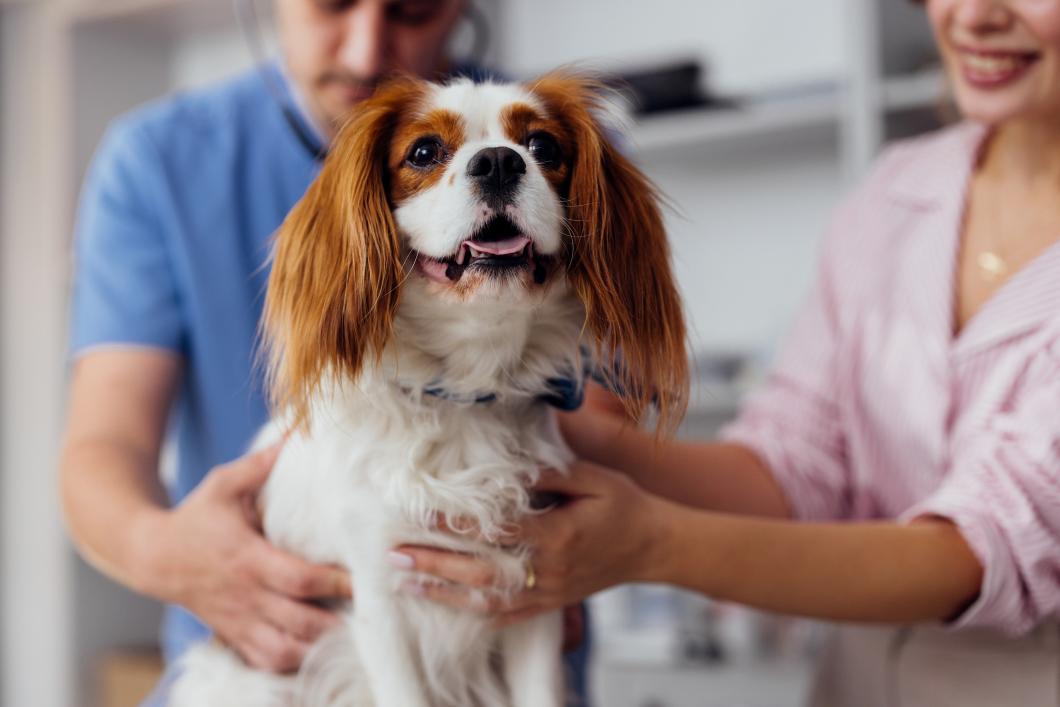The Importance of Early Detection for Kidney Disease in Pets

Kidney disease is a silent condition that can affect your pet’s health before you even notice any symptoms. At The Urban Pet, we’re committed to helping pet owners understand the importance of early detection in managing kidney disease and making sure your pet stays happy, healthy, and comfortable for as long as possible.
Why Early Detection of Kidney Disease in Pets Matters
Detecting kidney disease early significantly affects your pet’s quality of life and long-term health. Kidney disease often progresses slowly, allowing subtle symptoms to go unnoticed until the disease has advanced. Early detection means your veterinarian can take steps to support your pet’s kidney health, potentially slowing the disease’s progression and improving their comfort.
Without early intervention, kidney disease can lead to complications such as dehydration, loss of appetite, and even life-threatening kidney failure. By addressing issues early, we can focus on kidney disease prevention and management, giving your pet a better chance at maintaining an active, comfortable life.
Common Signs of Kidney Disease in Pets
While some symptoms of kidney disease can be hard to spot, there are a few signs pet owners should watch for. If you notice any of the following symptoms, consult your veterinarian:
- Increased thirst and urination: If your pet seems to be drinking more water than usual and urinating more frequently, it could indicate kidney issues.
- Loss of appetite: Pets with kidney disease may lose interest in their food, which can lead to weight loss.
- Lethargy and weakness: When kidneys aren’t functioning properly, toxins can build up in the body, causing your pet to feel weak or sluggish.
- Vomiting and diarrhea: Digestive symptoms can sometimes signal kidney disease, especially if they’re persistent.
- Bad breath: Pets with kidney disease may develop a distinct odor to their breath, often described as “ammonia-like.”
If your pet is showing one or more of these signs, it doesn’t necessarily mean they have kidney disease, but it’s worth a visit to your veterinarian to make sure everything is okay. Detecting signs of kidney disease in pets as early as possible allows for more effective treatment and management.
Kidney Disease Prevention in Pets
While kidney disease is common in aging pets, there are steps you can take to help keep their kidneys healthy. Here are a few tips to support kidney disease prevention:
- Provide fresh water daily: Hydration is essential for kidney health, so make sure your pet always has access to fresh, clean water.
- Feed a balanced diet: Choose a diet specifically designed for your pet’s age and health needs, as this can help reduce strain on their kidneys.
- Schedule regular checkups: Annual vet visits allow for routine bloodwork, which can catch kidney disease in its earliest stages.
- Watch for medication side effects: Some medications can impact kidney health. Always discuss any potential risks with your veterinarian.
Following these simple steps promotes kidney health in your pet and potentially reduces the risk of developing kidney disease. Prevention is key, but routine checkups and early detection are essential to keep kidney disease manageable.
Managing Pet Kidney Disease: What to Expect
If your pet is diagnosed with kidney disease, there are ways to manage the condition and improve their quality of life. Here are some common strategies for managing pet kidney disease:
- Special diet: Pets with kidney disease often benefit from a prescription diet formulated to support kidney health and reduce the workload on the kidneys.
- Medications: Certain medications may help control blood pressure, reduce nausea, or address anemia related to kidney disease.
- Fluid therapy: Hydration is vital for pets with kidney disease. Fluid therapy, either at the vet’s office or at home, can help maintain kidney function.
- Regular monitoring: Follow-up visits allow your veterinarian to monitor the disease’s progression and adjust the treatment plan as needed.
By working closely with your veterinarian, you can help manage your pet’s kidney disease and provide them with the best care possible. At The Urban Pet, we help you navigate treatment options so you feel comfortable and supported every step of the way.
Give Your Pet the Best Chance for Kidney Health
Routine checkups and early detection are crucial for managing kidney disease and maintaining pet kidney health. Contact us if you have questions about your pet’s kidney health or notice any potential signs of kidney disease. Our knowledgeable, compassionate team is ready to help you keep your furry friend healthy and happy for years to come.
